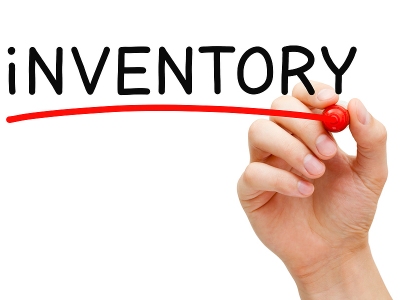
Contributor: CPA, Due Diligence Services
Any business that is not a service business has resale inventory. When a business has a resale inventory (this does not include equipment or supplies) it changes the amount of capital that must be invested in the purchase of the business buy a buyer. Not only does a buyer have to buy the business, along with any goodwill but also they are being required to purchase the inventory that the seller holds.
It is common for a buyer to complain that they do not want to pay the same price/ earning ratios for a business with a substantial resale inventory as apposed to one where there is not. In truth inventory heavy business do not sell at the same price earning ratios. They must be sold for a lower price then a business making the same profit that do not need a substantial investment in inventory. This of course does not make sellers very happy, but there are options.
Here is four possible options: 1) The seller consigns the inventory to the buyer and it is paid for as it is sold. 2) The buyer pays below the seller s cost figure to justify the added investment. 3) The slow moving inventory is transferred at a zero cost and the current inventory is purchased at the sellers cost 4) The buyer refuses to buy the inventory, and purchases new, state of the art, inventory. In this scenario the seller is then forced to sell the inventory in a separate transaction. When you sell a large inventory, to another within the same industry, you usually sell it below your cost. In my opinion it is better to sell it to the buyer and be done with it.
I am seeing, while doing due diligence, how Internet based business are handling their inventory issues. I just looked at an on line clothing store doing over $100,000 per month in sales. A brick and mortar clothing store used to require a very large inventory but an on line store does not.
They 1) Order the merchandise in and then ship out the order within one week, keeping a very small amount of inventory or none at all. 2) They have a fulfillment house ship it directly or they have the manufacturer drop ship each order directly to the customer, again requiring no inventory.



 The handling of the inventory must addressed in the offer. Inventory can be included with a statement of acceptable level at time of closing or an actual count can be taken at closing and added. Typically, if the inventory is a significant portion of the sale the offer will read a price plus inventory.
The handling of the inventory must addressed in the offer. Inventory can be included with a statement of acceptable level at time of closing or an actual count can be taken at closing and added. Typically, if the inventory is a significant portion of the sale the offer will read a price plus inventory.



